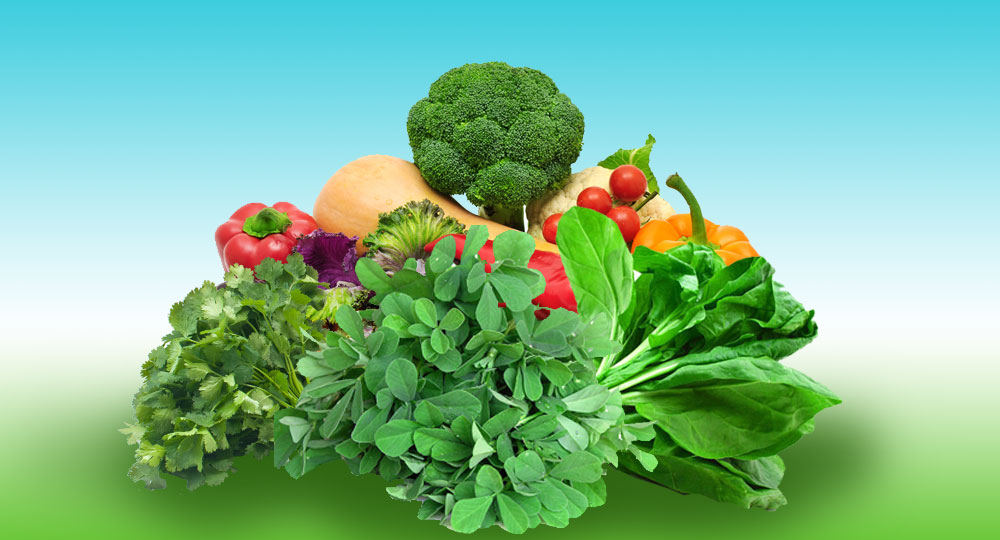
With the increasing celebrity diets and several kinds of research, curiosity, and demand for ketogenic diet rank much higher. Being a nutrition expert, I insist people understand the diet before engaging in any such diet programs.
Let’s see what ketosis is:
It forces the body to utilise fats as an energy source, since; absence or inadequate amount of carbohydrates and allows fats in the liver to reduce the deposited body fat. The keto diet works with low carbohydrates, and high fat incorporated.
Several studies and researches showed positive results in treating epilepsy in children or certain cancer conditions, PCOS in women or type-2 diabetes among others, without having any adverse effects on several biomedical parameters like lipid profile or kidney function with the help of ketogenic diet.
We all know anything in excess can be fatal. Nutritionists must scientifically scrutinise and monitor the client (every individual and its body composition is unique, and should be respected and studied), and deliver an exclusive meal plan.
A ketogenic diet forces you to consume a low carbohydrate meal, and with the several options made available by the expert you can escape using bad fats (mayonnaise, butter, margarine, red meat especially unsuitable to Indians) while incorporating good fats (cow ghee, coconut oil, dry fruits, oilseeds, olive oil, mustard oil, sunflower oil, home-made butter or cream) and easily digestible good quality proteins (kulith grains, black beans, alfalfa beans, paneer, soy, avocado, tempeh, tofu, rajgira, water chestnut, whey protein, hung curds, eggs, chicken and fish helping you not to lose muscles.
Many Indian foods contain a lot of carbohydrates and starch (corn, wheat, rice, bajra, potato) and deducting these as per today’s lifestyle and activity can have immense benefits for the long run.
The controversy and hesitation:
Folks, always remember the importance of seasonal foods (especially fruits) and since ancient times Ayurveda has mentioned the importance of shadarasa or six tastes necessary daily; hence, keto plans will be valuable when followed short-term and then reset back to healthy natural food habits.
If you are following the keto diet for short-term, till you get a desirable fat loss, it can be altered whenever necessary like while traveling or doing work out.
If an individual is vegetarian or associated with any medical condition under doctor’s supervision to avoid side effects as fat intolerance, mood swings, nail polish like (acetone) breath, and deficiencies.
Food pyramid and recommended daily allowances should be taken into consideration to avoid any vitamin and mineral deficiencies.
Drink a lot of fluids, high in electrolytes and low in carbs (lime ginger water, barley water, high fibrous vegetable juices), and regular physical activity to flush of maximum toxins and to avoid constipation or lethargy is the must.
A quick example of a keto diet:
Vegetarian pattern:
Example 1:
Breakfast: Paneer bhurji made in cow ghee + milk + rajgira
Lunch: Avocado or tofu salad (add a lot of greens) + sunflower seeds three spoons + hung curds
Evening snack: Dry fruits (apricot, berries, dry figs) tossed in coconut oil with pumpkin seeds three spoons + cheddar cheese slice
Dinner: Couscous salad with mushrooms and green beans + wholesome vegetable soup
Example 2:
Breakfast: Ragi moong dosa + milk
Lunch: Buttermilk + dal with ghee + soya rotis
Evening: Eggs + dry fruits or yogurt + berries
Dinner: Almond milk + rajgira with cow ghee + cup of koshimbir / salads with coconut oil or quinoa lettuce walnut bowl with shredded feta cheese and olives tossed in olive oil + moong soy pancakes
Please note: Above diets are just a guideline and not to be followed without an expert prescription.


